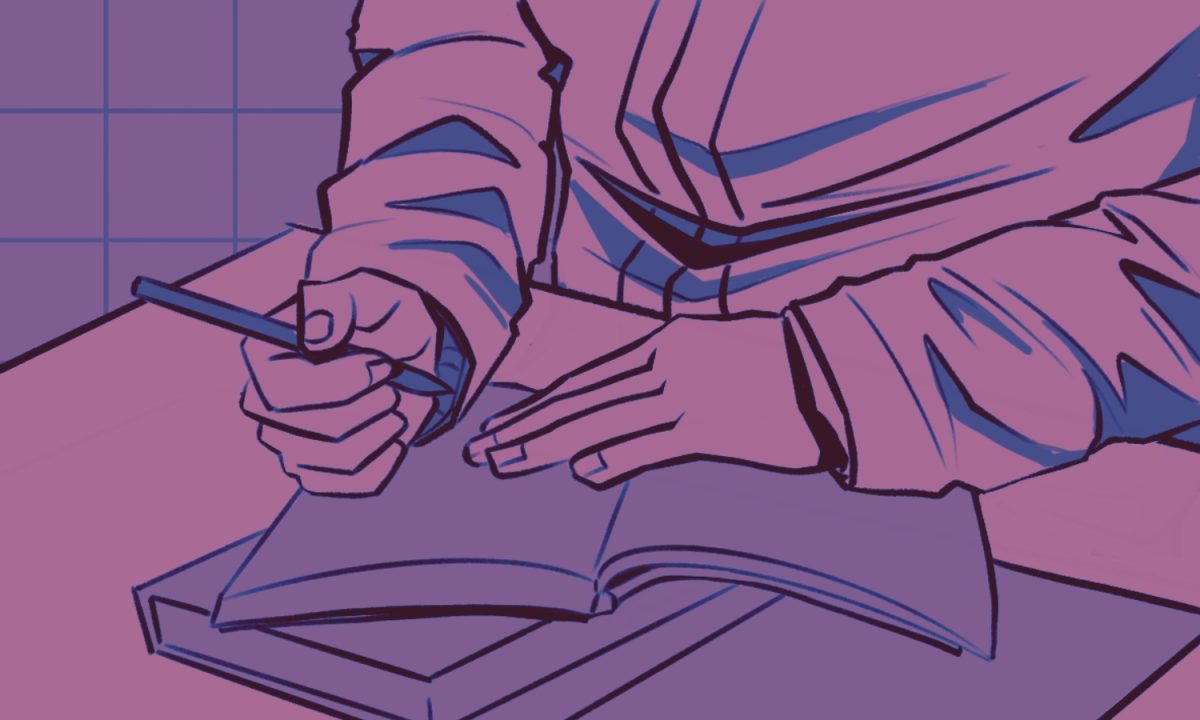 During a scene in “The Glass Castle,” father of the movie’s protagonist, Rex Walls, (Woody Harrelson) proclaims, “the air’s so polluted they can’t see the stars. We’d have to be out of our minds to trade places.” Yet pollution of another sort is a constant leitmotif throughout the movie, based on Jeannette Walls’ memoir. It’s an emotional pollution that threatens an entire family, which the film adaptation powerfully captures.
During a scene in “The Glass Castle,” father of the movie’s protagonist, Rex Walls, (Woody Harrelson) proclaims, “the air’s so polluted they can’t see the stars. We’d have to be out of our minds to trade places.” Yet pollution of another sort is a constant leitmotif throughout the movie, based on Jeannette Walls’ memoir. It’s an emotional pollution that threatens an entire family, which the film adaptation powerfully captures.
The movie opens with our protagonist Jeannette (Brie Larson) at a dinner with her fiancé David’s (Max Greenfield) clients in 1989. When she is asked about her family, she tells the clients that her mother is an artist and her father is an engineer trying to develop a technology that more effectively burns bituminous coals. They live a charmed existence. There’s just one problem. It’s filled with lies. But one cannot help but grant Jeannette a reprieve as the movie unfolds, shifting nicely between childhood scenes, as well as scenes of her present (in 1989). This shift in scenes illustrates how the whirl of the past overwhelms the present.
The family is anything but down-to-earth. The first flashback we are offered speaks volumes. Jeanette’s mother Rose Mary (Naomi Watts), a self- absorbed artist asks her young daughter to cook hot dogs. Jeannette burns herself in the process, hinting at serious familial neglect and a realization that self-reliance is key. “I cook all the time,” Jeannette proclaims when questioned by a social worker.
On top of that the family is constantly moving, in search of their ideal paradise. There’s a Mosaic quality to this, a constant exodus, fueled by father Rex’s dreams of living away from society and expectations.
“You learn from living, everything else is a lie,” proclaims Rex. And so is his vision of the world, as much as Jeannette wants to believe in her father. We see her struggle between her own desires, especially her burgeoning writing career, and loyalty to her father’s dream. It’s not an easy balance. A perpetual drunk, constantly losing jobs, Rex shifts between grand proclamations and euphoria and bouts of immense verbal abuse. The family struggles to live, at one point being forced to take baths in a swimming pool because the water has been turned off.
And yet, Rex is not portrayed as a complete villain. It would be easy for a movie to fall into that trap. It doesn’t. When the family reluctantly moves back to Rex’s hometown of Welch, WV, we are introduced to his hillbilly family, including his abusive mother. A scene in which this ogre of a grandmother sexually abuses one of Jeannette’s siblings makes clear what her father is running from. His idea of escape may seem idealistic and destructive, but they become understandable.
Escape is a constant theme in the movie, nicely fleshed out, and we see it in many forms. Just as Rex seeks escape from his past, Jeannette flees home for the safety of New York and a writing career. Her mother attempts to lose herself in delusions of artistic fame. At the end of the day though, one cannot truly escape the familial rifts which are constantly bubbling, as the scenes of an older Jeannette clearly highlight.
For all the power of the movie, the ending seems too packaged. It’s a real shame, given an otherwise strong and compelling creation. The ending is replete with the sort of escapism the rest of the movie warns us against.
Should you see this movie? Absolutely. Especially if you like family dramas.
Genre: Drama
Release date: August 11
Director: Destin Daniel Cretton
Running time: 127 minutes
Starring: Brie Larson, Woody Harrelson, Max Greenfield, Sarah Snook, Naomi Watts
Now Playing At: Cinemark Fort Collins 16
Fun fact: Jennifer Lawrence was originally slated to star in Larson’s role, but dropped out.
Collegian reporter Mir-Yashar Seyedbagheri can be reached at entertainment@collegian.com. His Twitter handle is @dudesosad.







